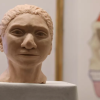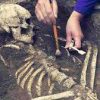The secrets of a lost Egyptian city were underwater0
- Ancient Archeology, From Around the Web
- May 6, 2016
A good amount of Egypt’s history was lost, but was found from a underwater excavation.

A good amount of Egypt’s history was lost, but was found from a underwater excavation.

After a long debate, the US Army Corps of Engineers decided Wednesday that DNA analysis proved a controversial, 9,000-year-old skeleton is related to native Americans and can be buried by their customs.

A study of DNA from ancient human bones has helped unlock the secrets of Europe’s Ice Age inhabitants.

Each shrine stood a couple of hundred feet high and was guarded by braziers containing everlasting flames, and there were statues of guardians there to protect the shrine.
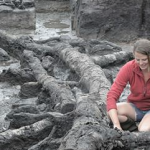
Archaeologists have discovered Britain’s earliest house dating back 11,500 years.

The study also detected some mixture with Neanderthals, around 45,000 years ago, as modern humans spread across Europe. The prehistoric human populations contained three to six per cent of Neanderthal DNA, but today most humans only have about two per cent.

The ark can hold up to 5,000 people.
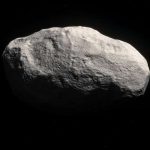
The rock formation C/2014 S3 (PANSTARRS) was a rock that was around since the creation of the Earth, and scientists have taken it out from the freezer it was kept in.

Scientists have discovered a way to see what is inside of ancient pyramids using cosmic rays.
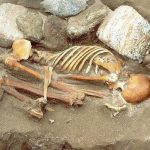
One king from the bronze age could very well be in our bloodline, study suggests.


